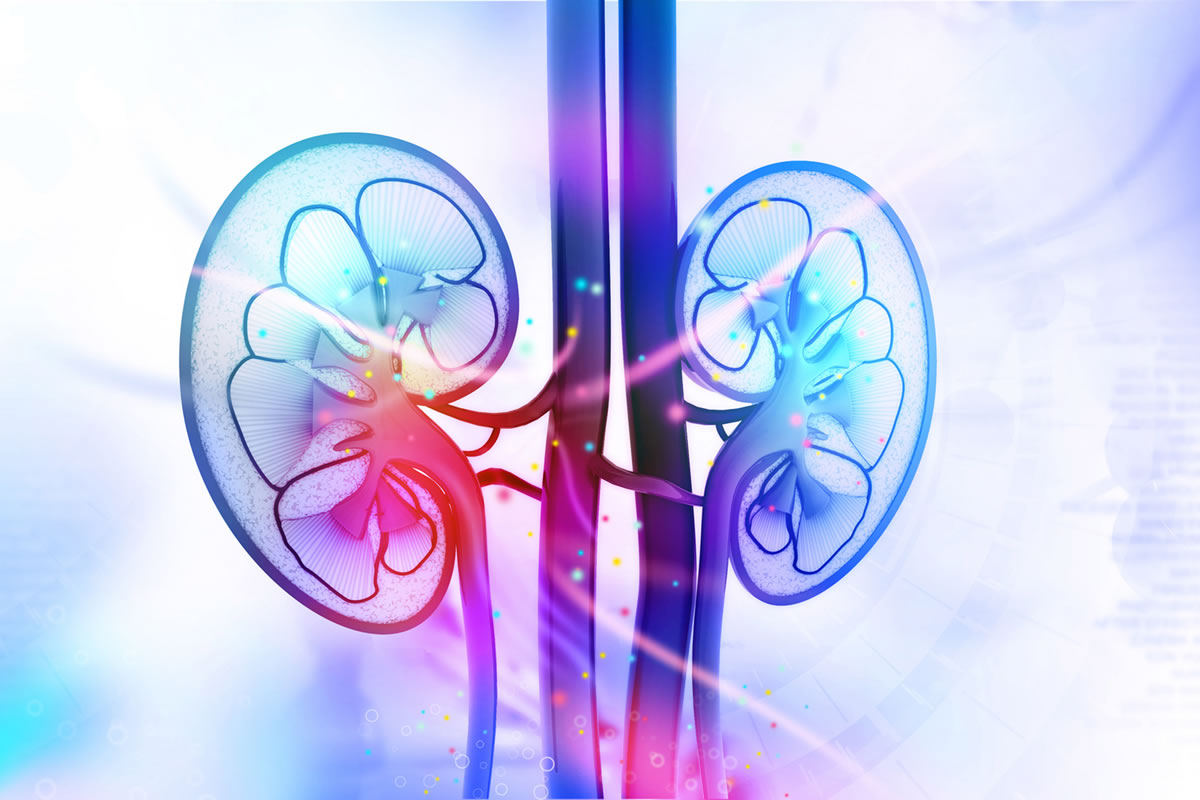ROCHESTER, Minn. — Researchers at Mayo Clinic have found that a mild to moderate reduction in calories effectively prevents and reverses polycystic kidney disease, or PKD, in mice. The results appear online in the Journal of the American Society of Nephrology and could have implications for humans with the disease.
“Currently, there is no FDA-approved treatment, and the only thing that can be done is dialysis or renal transplantation,” explained Dr. Eduardo Chini, anesthesiologist and researcher for Mayo Clinic’s Robert and Arlene Kogod Center on Aging and lead author of the study. “We have found that a very simple measure, like decreasing the amount of calories that are taken in, even by only 10 percent, can very significantly decrease the burden of this disease.”
Researchers say the finding is a critical step toward effective treatment for PKD, an inherited disorder in which clusters of cysts develop primarily within the kidneys. The National Kidney Foundation estimates that 600,000 individuals in the United States have PKD, the fourth-leading cause of kidney failure.
Mayo Clinic researchers found that food restriction without malnutrition in mouse models prevented the development of PKD as well as decreased kidney inflammation, cellular injury and fibrosis. While a 40 percent reduction in calories almost completely prevented or reversed PKD in mice, even 10 percent was enough to have positive effects.



